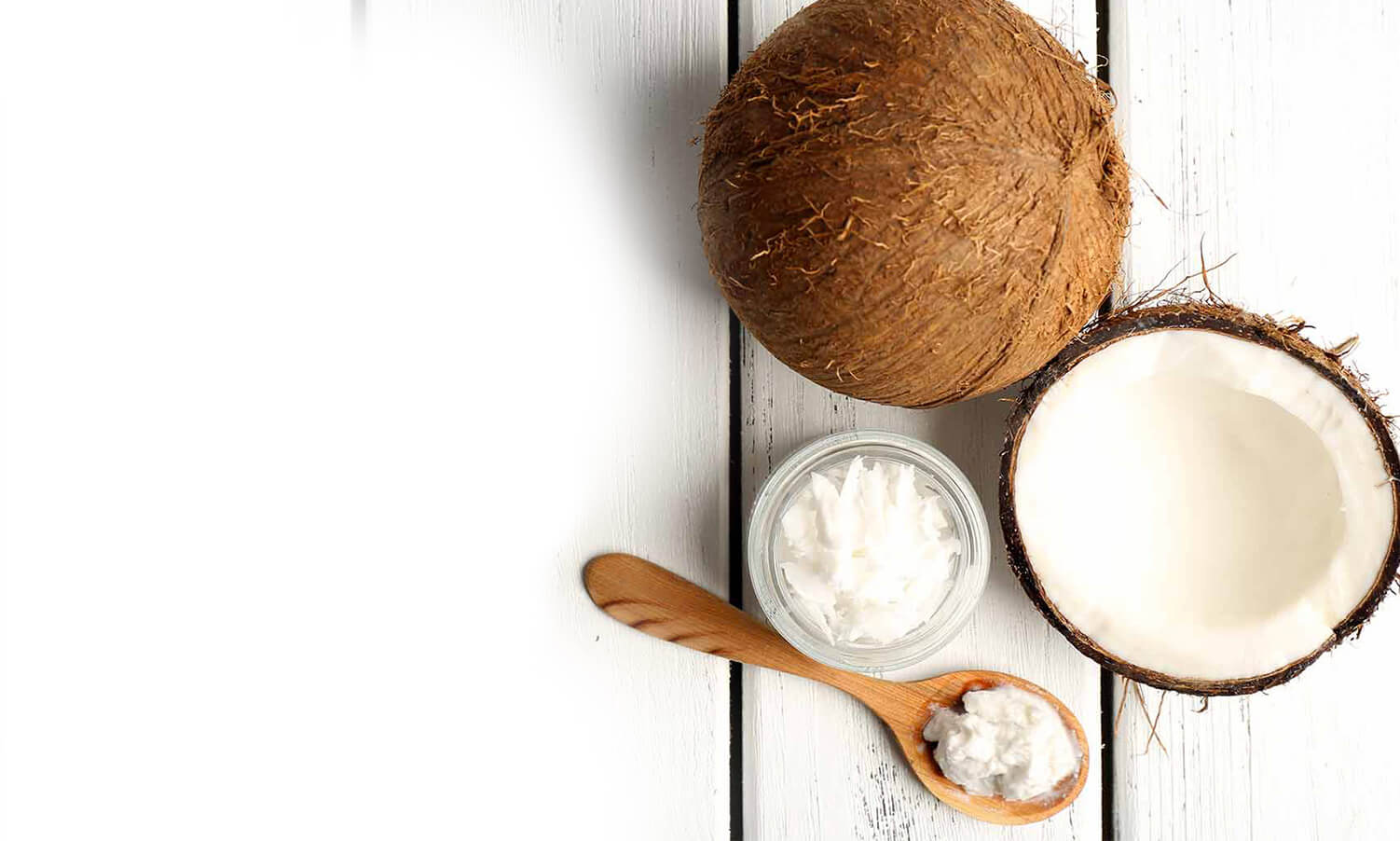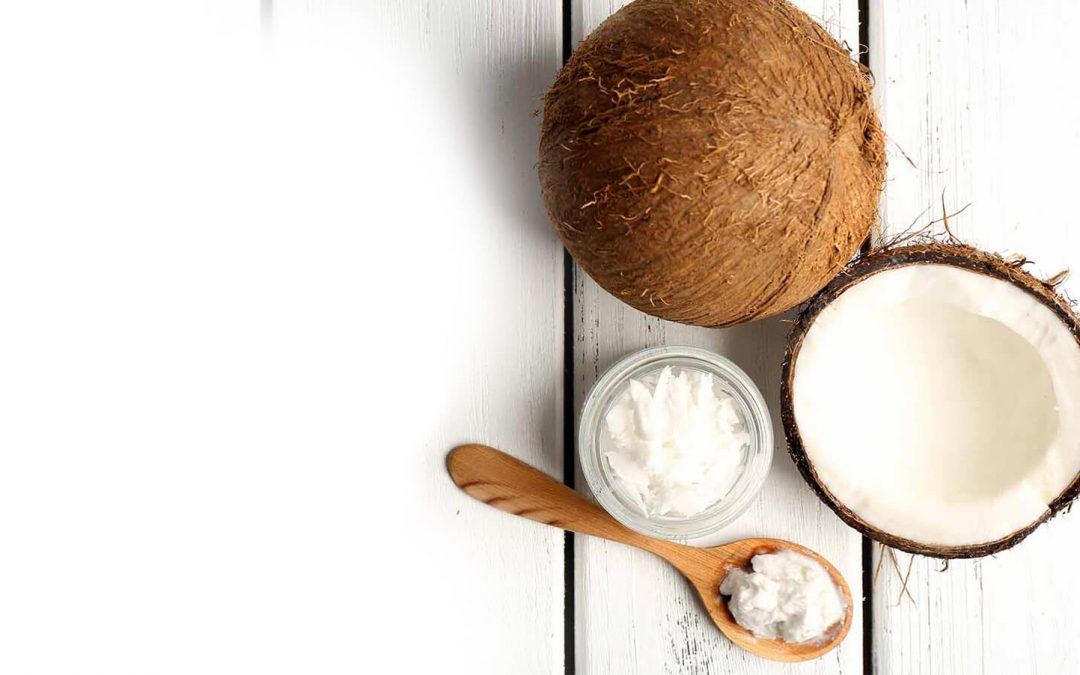“Given the considerable scientific evidence for the antiviral activity of coconut oil, lauric acid, and its derivatives and their general safety, and the absence of a cure for COVID-19, we hope that clinical studies will be conducted among patients who have been infected with COVID-19. This treatment is affordable and virtually risk-free, and the potential benefits are enormous.” (Dayrit & Newport, 2020).
As the novel coronavirus, COVID-19, has spread worldwide, we have seen the World Health Organisation (WHO) declare global emergency in response to this pandemic. This has kickstarted researchers around the globe to design and develop drugs aimed at specifically targeting the protease enzymes in coronavirus, although trials may still be months away. Given the safety and broad availability of virgin coconut oil (VCO), it has been recommended that VCO be considered as a general medicine or course of action used to prevent viral and microbial infection.

Several in vitro, animal and human studies support the potential of VCO and its compounds and/or derivatives i.e. lauric acid (C12), monolaurin, and sodium lauryl sulfate as effective and safe agents against a virus like COVID-19, as similar viruses i.e. severe acute respiratory syndrome (SARS) and Junin virus (JUNV), have shown responsiveness to VCO treatments. These components are also already used in a wide range of products for their antiviral properties.
Around 50% of virgin coconut oil is made up of lauric acid (a medium-chain fatty acid). Upon ingestion of virgin coconut oil, the metabolite monolaurin is naturally produced by the body’s own enzymes. Monolaurin is also available as a supplement. Sodium lauryl sulfate, a common surfactant (made from lauric acid), has also been shown to have potent antiviral properties. For many years lauric acid, and its derivative monolaurin, have been known to have significant antiviral activity.
Mechanistic studies on other viruses show that at least three mechanisms may be operating to explain the antiviral activity of lauric acid and monolaurin, such as a) disintegration of the virus envelope, b) inhibiting virus maturation, and c) preventing the binding of viral proteins to the host cell membrane.
a) The disintegration of the virus envelope: First noted by Sands, et al., (1979) and later by Hierholzer & Kabara (1982) who showed that monolaurin acted by disintegrating the virus envelope and was able to reduce the infectivity of 14 human RNA and DNA enveloped viruses in cell culture by >99.9%. The ability of lauric acid and monolaurin to inactivate viruses by the disintegration of the cell membrane was later confirmed by Thormar, et al. (1987). Sodium lauryl sulfate has also been shown to solubilize and denature the viral envelope too (Piret, et al., 2000; Piret, et al., 2002).
b) Inhibits virus maturation: it was concluded from mechanistic studies that lauric acid inhibited a late maturation stage in the replicative cycle of the Junin virus (JUNV). JUNV is an enveloped virus featuring glycoproteins that are embedded in the lipid bilayer forming viral spikes (Grant et al., 2012) which is similar to COVID-19.
c) Prevents binding of viral proteins to the host cell membrane: In the presence of lauric acid, the production of the infectious vesicular stomatitis virus was inhibited in a dose-dependent and reversible manner. After the removal of lauric acid, the antiviral effect disappeared. Lauric acid was observed and did not influence viral membrane protein synthesis, but prevented the binding of viral membrane proteins to the host cell membrane (Hornung, et al., 1994).
In conclusion, the use of VCO as a general medicine or course of action used to prevent viral and microbial infection seems sound logic and is relatively inexpensive, highly accessible, virtually risk-free, with potentially enormous benefits.
References
Dayrit, F. M., & Newport, M. T. (2020). The Potential of Coconut Oil and its Derivatives as Effective and Safe Antiviral Agents Against the Novel Coronavirus (COVID-19). Ateneo de Manilla.
Grant A, Seregin A, Huang C, Kolokoltsova O, Brasier A, Peters C, Paessler S. (2012) Junín Virus Pathogenesis and Virus Replication. Viruses.
Hornung B, Amtmann E, Sauer G. (1994) Lauric acid inhibits the maturation of vesicular stomatitis virus. Journal of General Virology.
Hierholzer JC, Kabara JJ. (1982). In-vitro effects of monolaurin compounds on enveloped RNA and DNA viruses. Journal of Food Safety.
Piret J, Déseomeaux A, Bergeron MG, et al. (2002). Sodium lauryl sulfate, a microbicide effective against enveloped and nonenveloped viruses. Current Drug Targets.
Piret J, Lamontagne J, Bestman-Smith J, et al. (2000). In Vitro and In Vivo Evaluations of Sodium Lauryl Sulfate and Dextran Sulfate as Microbicides against Herpes Simplex and Human Immunodeficiency Viruses. Journal of Clinical Microbiology.
Sands JA, Landin P, Auperin D, Reinhardt A. (1979). Enveloped Virus Inactivation by Fatty Acid Derivatives. Antimicrobial Agents and Chemotherapy.
Thormar H, Isaacs CE, Brown HR, Barshatzky MR, Pessolano T. (1987). Inactivation of Enveloped Viruses and Killing of Cells by Fatty Acids and Monoglycerides. Antimicrobial Agents and Chemotherapy.

Cocavo Original
Cocavo is made from premium all natural ingredients, providing a sweet and delicious, yet delicate flavor.
It is the perfect cooking oil to enhance a wide variety of dishes from curries to stir-fries. Cocavo is dairy free, gluten free and suitable for vegans and vegetarians.

Cocavo Light
Cocavo Light is made from pure coconut oil and extra virgin avocado oil. The delicious, buttery yet mild flavor does not have the aroma or taste of coconut making it the perfect cooking oil for everyday use.
Cocavo Light is dairy free, gluten free and suitable for vegans.

Chili and Lime
Cocavo is carefully infused with selected chili and lime oils giving you the perfect blend. Cocavo enhances and brings out the flavors in dishes from seafood to stir-fry. The subtle hint of chili is perfect.
Cocavo Chili and Lime is dairy free, gluten free and suitable for vegans.

